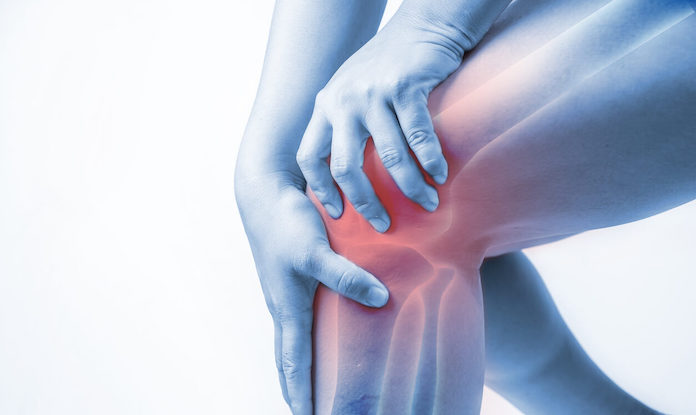This study explored the relationship between a history of bicycling and the symptomatic and structural outcomes of knee osteoarthritis (OA) in participants from the Osteoarthritis Initiative (OAI). The researchers analyzed data from 2,607 participants, assessing their bicycling history across four different life stages (ages 12-18, 19-34, 35-49, and >50 years) and its impact on the prevalence of frequent knee pain, radiographic OA (ROA), and symptomatic radiographic OA (SOA) at the 48-month OAI visit. The study found that participants with any history of bicycling had lower odds of experiencing frequent knee pain, ROA, and SOA compared to non-bicyclers. Additionally, a dose-response relationship was observed, with those who bicycled during more life periods showing greater benefits.
The results suggest that bicycling is associated with a reduced prevalence of knee pain and structural knee OA, with cumulative benefits observed over a lifetime of bicycling. The findings indicate that bicycling may be protective for knee health and could be a beneficial activity for individuals at risk of or managing knee osteoarthritis.
Reference: Lo GH, Richard MJ, Kriska AM, et al. Bicycling over a Lifetime Is Associated with Less Symptomatic Knee Osteoarthritis: Data from the Osteoarthritis Initiative. Med Sci Sports Exerc. 2024 Sep 1;56(9):1678-1684. doi: 10.1249/MSS.0000000000003449. Epub 2024 Apr 11. PMID: 38600648; PMCID: PMC11326993.





